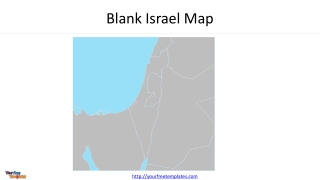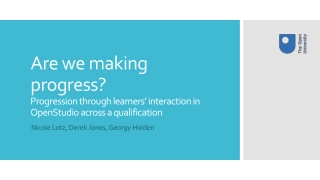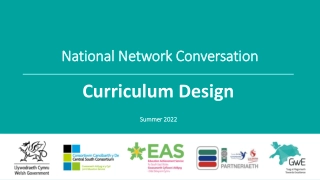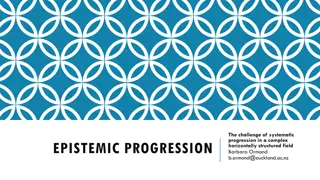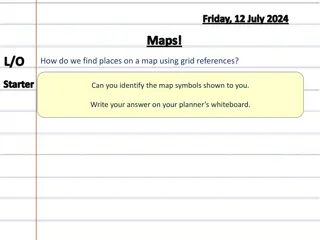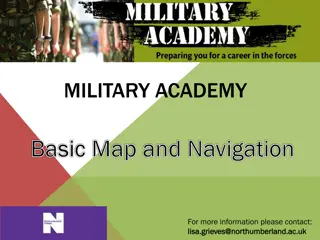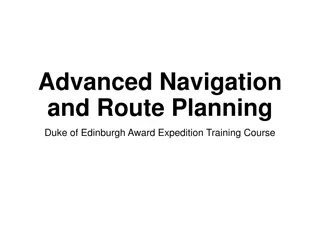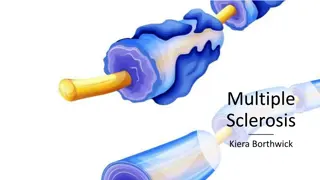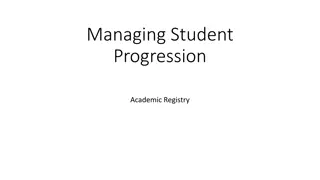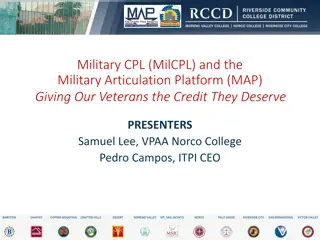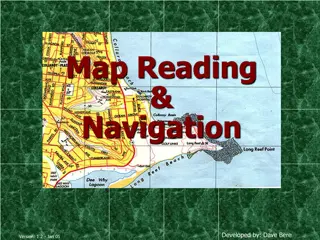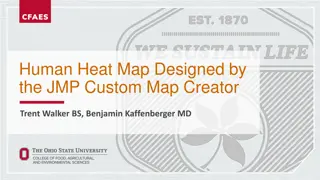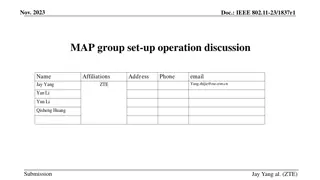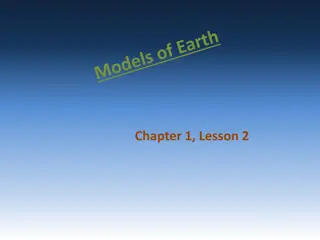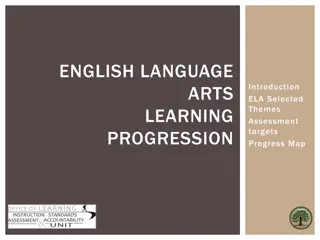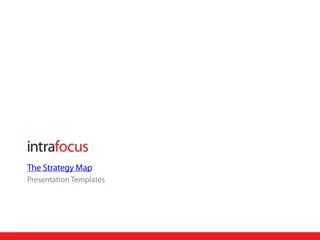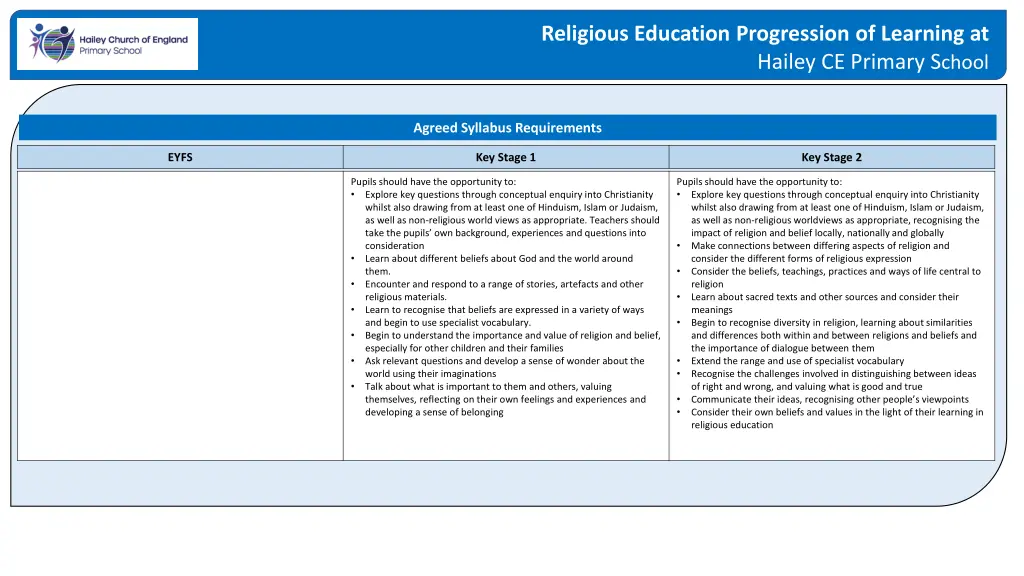
Religious Education Progression of Learning at Hailey CE Primary School
Explore the agreed syllabus requirements for Religious Education at Hailey CE Primary School, focusing on the progression of learning from early years to key stages. Pupils engage with Christianity, Hinduism, Islam, Judaism, and non-religious worldviews, developing an understanding of beliefs, values, and the importance of religion. They explore key questions, encounter stories and artifacts, learn specialist vocabulary, recognize diversity in religion, and consider their own beliefs in light of their learning. Teachers consider pupils' backgrounds and encourage questioning and wonder about the world.
Uploaded on | 3 Views
Download Presentation

Please find below an Image/Link to download the presentation.
The content on the website is provided AS IS for your information and personal use only. It may not be sold, licensed, or shared on other websites without obtaining consent from the author. If you encounter any issues during the download, it is possible that the publisher has removed the file from their server.
You are allowed to download the files provided on this website for personal or commercial use, subject to the condition that they are used lawfully. All files are the property of their respective owners.
The content on the website is provided AS IS for your information and personal use only. It may not be sold, licensed, or shared on other websites without obtaining consent from the author.
E N D
Presentation Transcript
Religious Education Progression of Learning at Hailey CE Primary School Agreed Syllabus Requirements EYFS Key Stage 1 Key Stage 2 Pupils should have the opportunity to: Explore key questions through conceptual enquiry into Christianity whilst also drawing from at least one of Hinduism, Islam or Judaism, as well as non-religious world views as appropriate. Teachers should take the pupils own background, experiences and questions into consideration Learn about different beliefs about God and the world around them. Encounter and respond to a range of stories, artefacts and other religious materials. Learn to recognise that beliefs are expressed in a variety of ways and begin to use specialist vocabulary. Begin to understand the importance and value of religion and belief, especially for other children and their families Ask relevant questions and develop a sense of wonder about the world using their imaginations Talk about what is important to them and others, valuing themselves, reflecting on their own feelings and experiences and developing a sense of belonging Pupils should have the opportunity to: Explore key questions through conceptual enquiry into Christianity whilst also drawing from at least one of Hinduism, Islam or Judaism, as well as non-religious worldviews as appropriate, recognising the impact of religion and belief locally, nationally and globally Make connections between differing aspects of religion and consider the different forms of religious expression Consider the beliefs, teachings, practices and ways of life central to religion Learn about sacred texts and other sources and consider their meanings Begin to recognise diversity in religion, learning about similarities and differences both within and between religions and beliefs and the importance of dialogue between them Extend the range and use of specialist vocabulary Recognise the challenges involved in distinguishing between ideas of right and wrong, and valuing what is good and true Communicate their ideas, recognising other people s viewpoints Consider their own beliefs and values in the light of their learning in religious education
Enquiry about the nature and religion and belief Pegasus Unicorn Phoenix Griffin 3-4years We will: Begin to make sense of their own life-story and family s history Continue developing positive attitudes about the differences between people Know that there are different countries in the world and talk about the differences they have experienced or seen in photos We will: Talk about signs and symbols that are important to us and other people Talk about the importance of story and the questions that stories raise Ask our own questions about God, special people, places and occasions Show respect for different beliefs and opinions Use appropriate examples to support our ideas and opinions We will: Compare simple Christian Hindu and Jewish ideas about God Ask important questions about prayer and worship Ask important questions about the stories Jesus told Ask important questions about miracles Ask important questions about pilgrimage Link our own ideas about how to live a good life to the teachings of Christianity, Judaism and Hinduism Show how signs and symbols can communicate important beliefs Use appropriate examples to support my ideas and opinions We will Describe and explain different ideas about human relationships with reference to three faiths explored Ask important questions about religious experience and revelations and moral choices referring to the faiths studied Ask and suggest answers about important questions about life after death with reference to the faiths studied Describe and explain the different views of sacred space, sacred text and sacred people with reference to 2 faiths Use appropriate examples to support my ideas and opinions Reception We will: Talk about members of their immediate family and community Understand that some places are special to members of their community Recognise that people have different beliefs and celebrate special times in different ways ELG We will: Describe their immediate environment using knowledge from observation, discussion, stories, non-fiction texts and maps Know some similarities and differences between different religious and cultural communities in this country, drawing on their experiences and what has been read in class Explain some similarities and differences between life in this country and life in other countries, drawing on knowledge from stories, non-fiction texts and when appropriate maps
Knowledge & Understanding of Christianity Pegasus Unicorn Phoenix Griffin 3-4years We will: Begin to make sense of their own life-story and family s history Continue developing positive attitudes about the differences between people Know that there are different countries in the world and talk about the differences they have experienced or seen in photos We will: I can recall and recognise the important stories of Christianity e.g. Christmas and Easter I can recall key Christian beliefs about Jesus and some of the stories he told I can say something about how Christians demonstrate their relationship with God e.g. through their religious practices and celebrations. We will: I can describe some of the different ways that Christians express their beliefs by belonging to a church I can describe some of the things that Christians learn about Jesus from the miracles and stories given in the New Testament I can describe the importance to a Christian of prayer and commemoration (Lent) I can make links between Christmas and Easter stories and key beliefs about Jesus I can make links between Easter and Passover. We will: I can make links between Jesus life and teaching and different forms of Christian action e.g. charity, protest I can describe and compare different Christian beliefs about how God might communicate with humans exploring concepts of sacred texts, revelation and the Holy Spirit I can describe and compare different ideas Christians may have about salvation and life after death I can describe how Christians express their belief of Jesus as God made man and Saviour in art and worship Reception We will: Talk about members of their immediate family and community Understand that some places are special to members of their community Recognise that people have different beliefs and celebrate special times in different ways ELG We will: Describe their immediate environment using knowledge from observation, discussion, stories, non-fiction texts and maps Know some similarities and differences between different religious and cultural communities in this country, drawing on their experiences and what has been read in class Explain some similarities and differences between life in this country and life in other countries, drawing on knowledge from stories, non-fiction texts and when appropriate maps
Knowledge & Understanding of Other Religions Pegasus Unicorn Phoenix Griffin 3-4years We will: Begin to make sense of their own life-story and family s history Continue developing positive attitudes about the differences between people Know that there are different countries in the world and talk about the differences they have experienced or seen in photos We will: Recall stories about key figures from Judaism Say how stories are an inspiration for Jews Recall one Jewish festival eg Shabbat or Rosh Hashanah We will: Describe what Hindus learn from Murties, stories and symbols Describe the importance of prayer and worship in Hindu life Describe some of the rules and guidance used by Hindus and Jews and how these might be applied to working with others We will: Explain how holding certain religious beliefs influence the views you hold and the life you live Describe and compare how important aspects of religious belief are reflected in the buildings and practices of a community, referring to several religions Describe and compare different ways of demonstrating commitment to a tradition of religion or belief Reception We will: Talk about members of their immediate family and community Understand that some places are special to members of their community Recognise that people have different beliefs and celebrate special times in different ways ELG We will: Describe their immediate environment using knowledge from observation, discussion, stories, non- fiction texts and maps Know some similarities and differences between different religious and cultural communities in this country, drawing on their experiences and what has been read in class Explain some similarities and differences between life in this country and life in other countries, drawing on knowledge from stories, non-fiction texts and when appropriate maps

